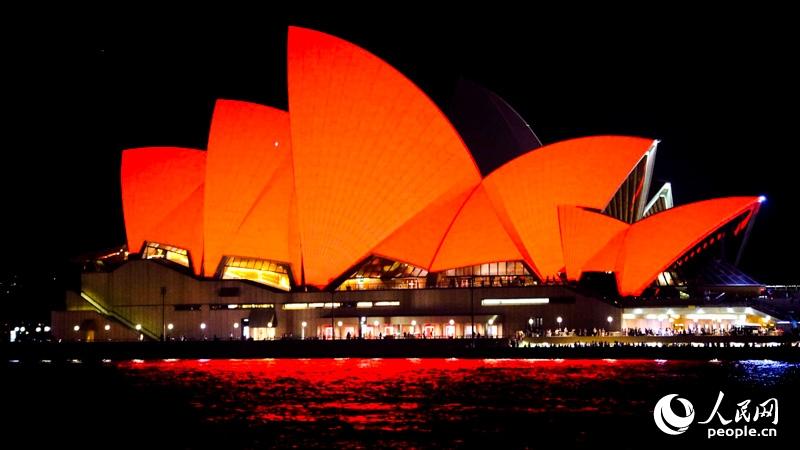Jura The idiot
General
Saturday at 4:05 PM
German company to build 12 offshore patrol vessels for Australian navy
and now I read what The Guardian had to say:Yesterday at 9:49 PM
... and here's more:
Surprise Sea 1180 OPV tender prompts further questions
24 November 2017
German company to build 12 offshore patrol vessels for Australian navy
source:Malcolm Turnbull says shipbuilder Lürssen will be designer and prime contractor for the $3.6bn project in SA and WA
The Australian government has chosen German shipbuilder Lürssen to build 12 offshore patrol vessels in South Australia and .
At a press conference in Canberra on Friday the prime minister, , said the “international shipbuilder of great renown” was selected as the designer and prime contractor for the $3.6bn project.
Turnbull said the 12 offshore patrol vessels (OPVs) would be “a vital part of our navy” and will “be built in Australia by Australians, with Australian steel”.
The first two OPVs will be built by the Australian Submarine Corporation in Adelaide from the second half of 2018, with the remaining 10 built from 2020 in Henderson, Western Australia by Austal and Civmec.
Lürssen beat shortlisted rivals Damen of the Netherlands and Fassmer of Germany.
The defence minister, , said the government was “delivering on our plans to create a sovereign continuous naval shipbuilding industry”.
Payne said the OPVs were a “significant capability leap forward” from the current Armidale class. She noted they were larger and able to embark unmanned aerial, underwater and surface vehicles and “operate larger sea boats which are essential for boarding operations”.
“They will conduct enhanced patrol and intelligence and surveillance missions, search and rescue, humanitarian assistance and disaster relief, and border protection missions.”
The defence industry minister, Christopher Pyne, said the OPV project would create 400 jobs in Adelaide and then Henderson, adding that it would “fill in Labor’s valley of death” which had .
“Rather than simply picking a design and saying we don’t care where you build it, we want it off the shelf, at best value, and highest capability. We are saying that we want the highest capability, but we do care about growing our sovereign Australian shipbuilding industry,” Pyne said.
Turnbull described supporting the Australian industry as “a great national enterprise”.
In total the Australian government is spending $89bn on 21 Pacific patrol boats, 12 OPVs, nine future frigates and 12 submarines.
In a statement the Nick Xenophon Team senator Rex Patrick expressed “cynicism” on promises of an Australian build, accusing the government of presiding over a slippage of local content on the $50bn future submarine project from the target of 90% to 60%.
“Every percentage point slippage on OPV local content could cost ... up to $160m of local jobs and economic benefit,” he said.

